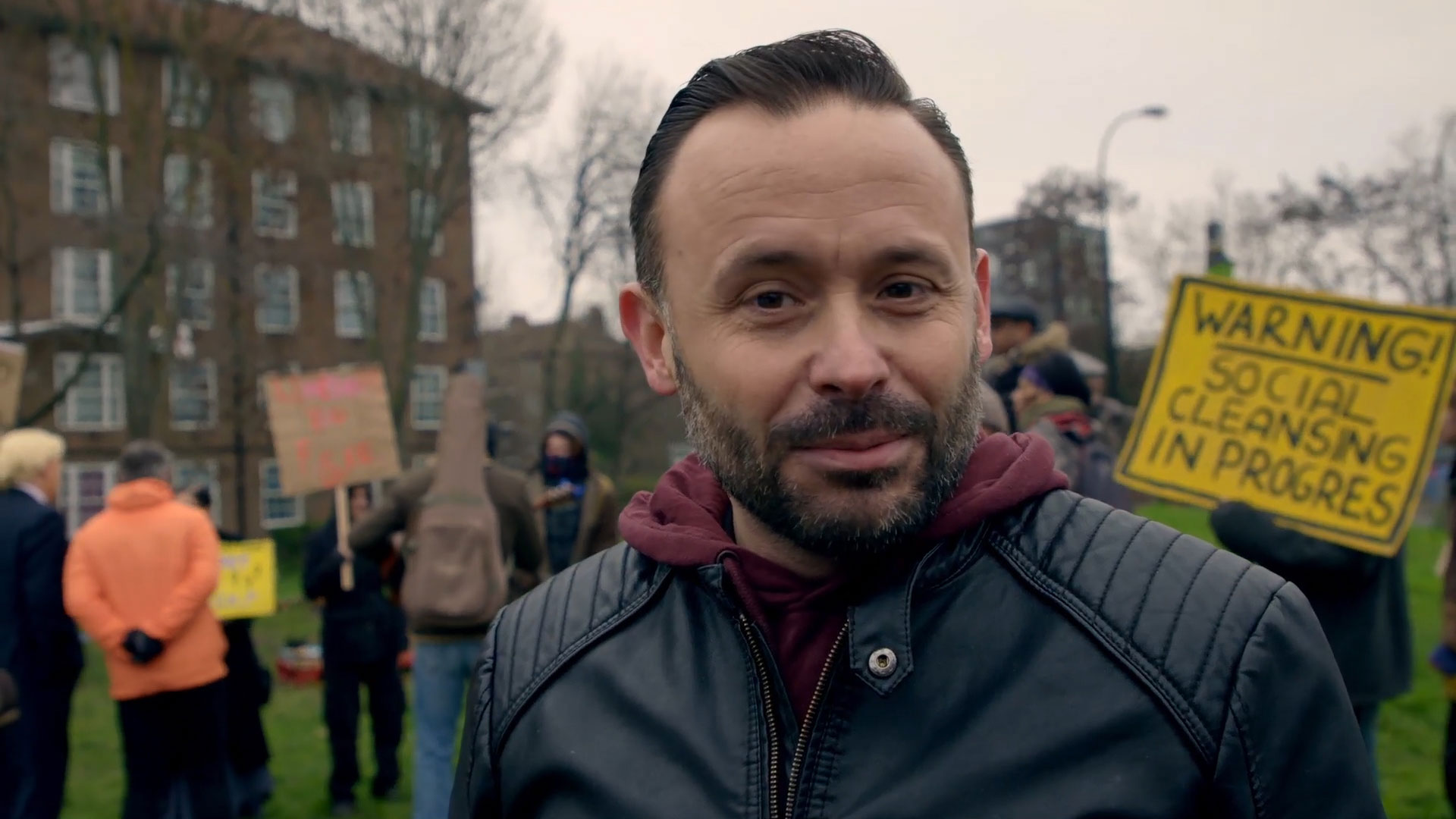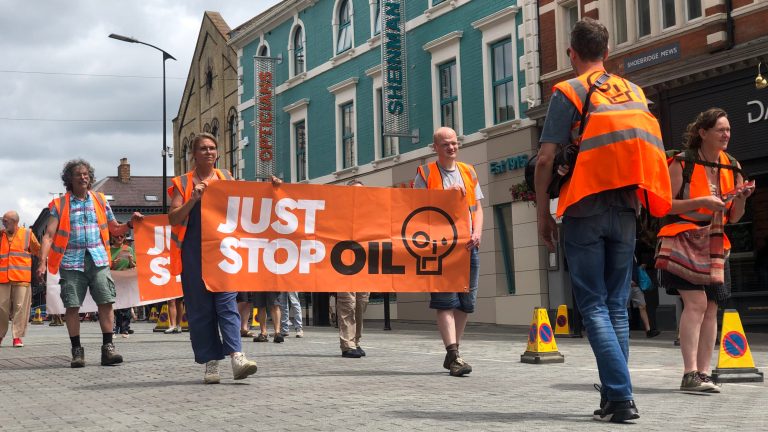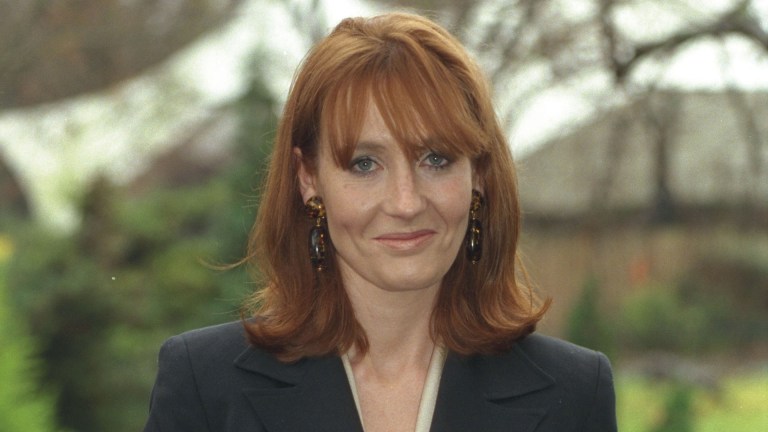My family’s experience of the social ladder was in the form of several surprise status drops. My mum divorced my dad in the late Eighties. Having lived on a decent street we were suddenly in a small council flat. Shortly after that my dad got made redundant and life became very different for a while.
The recession of the late Eighties and early Nineties didn’t have the iconic status of a global credit crunch, but the effects on living standards were arguably more immediate and steep. I remember having to make an argument for keeping electrical goods on. It always ended up that the fridge was deemed more important than computer games, though I fought my corner creditably.
Even as a child I hated getting free school dinners and school clothing. I rejected the feeling of depending on “the state”.
The reason I’m telling you this is that feeling – the sudden sense of economic alarm – always stuck with me. I think we underestimate the extent to which our interpretation of early life puts us on the political dial. We like to think our politics are a synthesis of the world around us, but in reality it’s a collection of prejudices and hunches perched on the shifting tectonic plates of emotions and life experience.
I didn’t reflect on this too much until I became a husband and a father. At that point my immediate instinct was to put as much distance between my new family and economic risk as possible. Consequently, my political affiliation was always going to be the party I felt gave me the best chance of doing that.
Even as a child I hated getting free school dinners and school clothing. It wasn’t the fact I got cussed for it – or the fact I once wore hand-me-down trousers so tight you could see my pulse. I rejected the feeling of depending on the big, remote thing called “the state”.
So, like a walking cliche, the moment I turned 30 I switched away from Labour, held my nose and voted Conservative. You might call it selfish, but self-interest is subjective. I felt at that time the best thing for the country was not to give people more in the form of handouts, but rather to create an environment where they could create more for themselves.
Advertising helps fund Big Issue’s mission to end poverty
This is where the left have struggled under both Ed Miliband and – to a greater extent – Jeremy Corbyn. For some people, the brand of the left has become victim-based. The main agenda of the Labour Party since 2010 seems to have been more like a pressure group. It’s not an ignoble thing for a party to use their platform in this way, but it does mean the largest disadvantaged group – the working class – don’t get a sensible amount of airtime. Especially not the aspirational working class who want to “get on”. To paraphrase Noel Gallagher, the Tories have no message for the vulnerable, but the hard left has nothing for the aspirational.
In many ways the current Labour policies should appeal to a guy like me. I will probably rely on the NHS for my lifetime. The tax changes suggested wouldn’t affect someone on my earnings (for reference, despite perception, the odd bit of media exposure isn’t enough to make you rich. I earned more for a day’s supply teaching than I have for four-hour stints on radio). However, I guess there’s a part of me that thinks if I did start to do really well, would I want to be giving such a large percentage of my earnings back to the state. You might think of that as selfish. It may even be selfish in a basic sense, but it also comes from the instinct to protect and provide, applied on a local level.
Our 2020 Impact Report
The Big Issue has given more than £1 million support to Big Issue vendors struggling due to the lockdown restrictions. To mark the significant milestone, we have published an impact report, documenting the seismic shift the organisation has undergone in the past 12 months.
View ReportThe reason I’m writing something like this in The Big Issue is that if Brexit does happen, and the effects are – as I suspect – reasonably benevolent, this issue will come squarely back into view for the left.
The problem for Labour is that as long as they have Corbyn they’ll struggle to reach out to people like me. It’s not just the issues the Labour front bench has with faith, flag and family (exacerbated by the emergence of the Brexit Party) – there are many people who don’t have the luxury of just ticking over. They want a jobs market where they can put a bit of distance between themselves and being stalked by the fear of not having a meaningful financial buffer zone. They want to be able to put enough aside so that their children won’t know what it feels like to have to turn electrical goods off so the fridge can stay on. Then, maybe, one day their kids can shed that fear for good and have the luxury of experimenting with the theories of the hard left.
Geoff Norcott’s documentary, How the Middle Class Ruined Britain, airs on BBC Two on July 23. His Taking Liberties tour of the UK runs from September 19 to November 16. @GeoffNorcott










